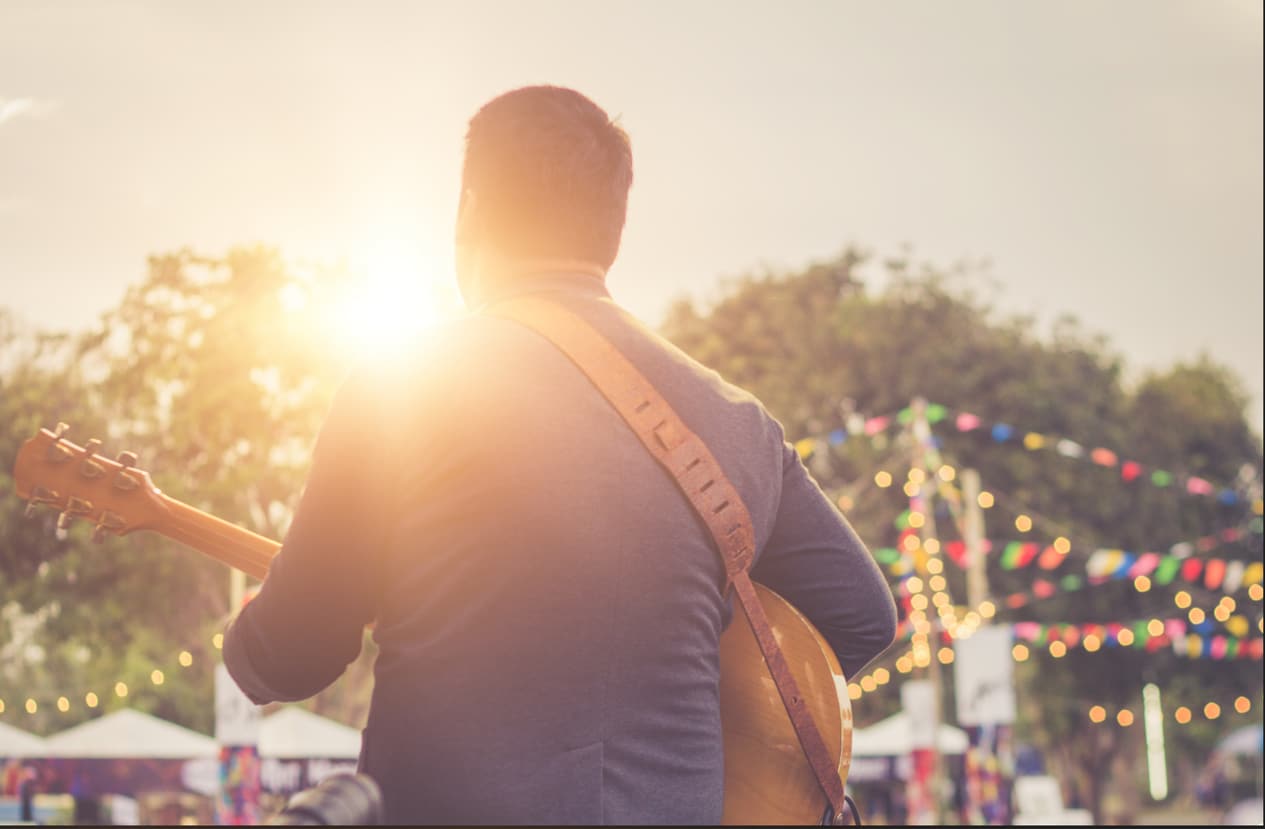Summer in Maine is a great time to be outdoors, whether you’re picking blueberries, going for bike rides or heading to Rockport Marine Park to do some sailing.
However, there are some outdoor activities that can reach loud volumes that have the potential to cause issues like tinnitus and noise-induced hearing loss. Let’s take a closer look at a few of those activities as well as how to protect your hearing when engaging in them.
The Risks of Noise-Induced Hearing Loss

Exposure to loud noise is one of the leading causes of hearing loss, and it affects people of all ages. The Centers for Disease Control and Prevention (CDC) states that “An estimated 12.5% of children and adolescents aged 6–19 years (approximately 5.2 million) and 17% of adults aged 20–69 years (approximately 26 million) have suffered permanent damage to their hearing from excessive exposure to noise.”
Any prolonged exposure to noise over 85 decibels can damage the hair cells of the inner ear and lead to permanent hearing loss. The louder the noise, the less time is needed for damage to occur.
Examples of outdoor activities that can reach those levels include:
- Hunting or shooting
- Outdoor music festivals or sporting events
- Riding jet skis, motorcycles or ATVs
- Fireworks
- Parades
- Outdoor chores like mowing the lawn using a hedge trimmer
Ways To Protect Your Hearing Outdoors
If you participate in any of these activities, it’s important you take the proper steps to protect your hearing:
- Wear hearing protection. Earplugs and earmuffs can help lower the volume to a safe range while still letting you enjoy your favorite outdoor activities.
- Take breaks. It’s a good idea to step away from the noise and go to quieter locations to give your ears a break. It’s especially important if you’re noticing symptoms like ear pain, ringing in the ears or a headache.
- Keep a smart distance. In addition to stepping away, you want to position yourself so that you’re far enough away from the noise source not to cause damage when possible. This means don’t stand next to speakers or any other sound sources.
- Visit an audiologist if problems arise. The sooner hearing loss or tinnitus can be evaluated by an audiologist, the better. In some cases, issues that arise from loud noise exposure may be temporary. Other times, you may have permanent hearing loss that can be treated with hearing aids or other assistive listening devices.
To learn more or to schedule an appointment to have your hearing evaluated, call Gary D. Schwartzberg, Au.D., Doctor of Audiology today.